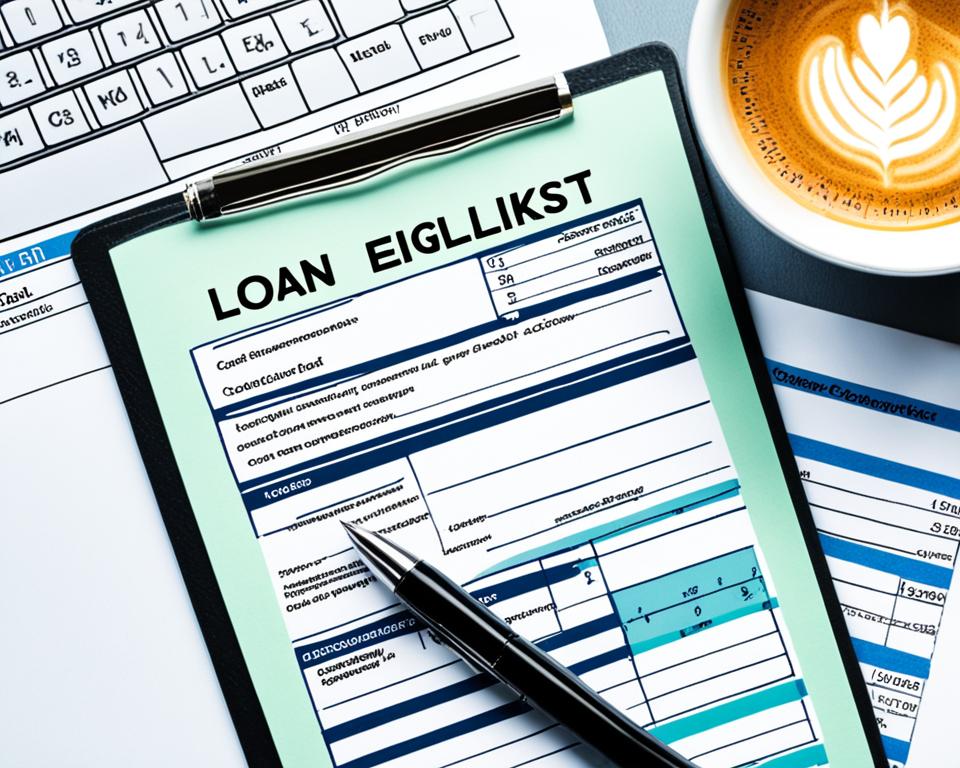The risks of storing credit card information on the internet
When it comes to storing credit card information on the internet, there are inherent risks that consumers must be aware of. One of the biggest concerns is the potential for data breaches.
Hackers are constantly looking for vulnerabilities in security systems, and if they are successful in accessing stored credit card data, it can lead to significant financial and personal damage. Additionally, there is always a risk of unauthorized transactions or fraudulent charges if the stored information falls into the wrong hands. Therefore, it is crucial for individuals to understand these risks and take necessary precautions to protect their sensitive financial information.
How hackers can exploit stored credit card data
The theft of stored credit card data is a serious concern in today’s digital world. Hackers are constantly honing their skills and finding new ways to exploit vulnerabilities in online systems. One common method is through the use of malware, which can be unknowingly downloaded onto a user’s device. Once installed, the malware can collect sensitive information, including credit card numbers, and send it back to the hacker. This data can then be sold on the dark web or used for fraudulent purposes.
Another way hackers exploit stored credit card data is through data breaches. When companies store customer information, including credit card details, they become a valuable target for cybercriminals. If a hacker successfully breaches their system, they can gain access to a treasure trove of credit card data. This is why it’s crucial for businesses to prioritize data security and invest in robust cybersecurity measures to protect their customers’ information.
Alternatives to saving credit card information online
When it comes to online shopping and making payments, many individuals are hesitant to save their credit card information online due to security concerns. Fortunately, there are alternatives available that provide convenience while ensuring the safety of sensitive financial details. One option is to utilize digital wallets or mobile payment apps. These platforms securely store credit card information and allow for quick and easy transactions without the need to enter card details for every purchase. By securely encrypting the data and employing additional security measures such as biometric authentication, digital wallets provide a convenient and safer option for online transactions. Another alternative is to use virtual credit cards. These are temporary, one-time use credit card numbers that are generated specifically for each online purchase. Virtual credit cards provide an extra layer of security as they are not linked to the cardholder’s actual credit card account, making it more difficult for hackers to access and misuse the data. With these alternatives available, consumers can enjoy a worry-free online shopping experience while keeping their credit card information secure.
Best practices for secure online transactions
One of the most important aspects of ensuring secure online transactions is to only shop or provide sensitive information on websites that have a valid and up-to-date security certificate. This can be easily identified by looking for the padlock symbol in the browser bar or checking if the website URL starts with “https://” instead of “http://”. Additionally, it is crucial to keep your devices, including smartphones and computers, protected by regularly updating their software and using reliable antivirus and firewall programs. By doing so, you can minimize the risk of malware or viruses that may compromise your sensitive data during online transactions.
Another best practice for secure online transactions is to avoid using public Wi-Fi networks when making purchases or accessing your financial information. Public networks are often unsecured, making it easier for hackers to intercept your data. Instead, opt for a secure and private Wi-Fi network, or use a VPN (virtual private network) to encrypt your connection and protect your information. Additionally, it is important to be cautious of phishing emails or fake websites designed to look like legitimate online stores or financial institutions. Always verify the authenticity of the website or email before providing any personal or financial information.
Understanding the importance of encryption in safeguarding personal data
Encryption plays a crucial role in protecting personal data from unauthorized access and potential misuse. It is the process of converting sensitive information into an unreadable format, known as ciphertext, using complex algorithms. This ensures that even if data is intercepted during transmission or stored on a device, it remains indecipherable and inaccessible to anyone without the proper decryption key. By employing encryption, individuals can safeguard their personal data, such as credit card information, passwords, and other sensitive details, from falling into the wrong hands.
One of the main reasons why encryption is essential is because it adds an additional layer of security to online transactions and communications. When information is encrypted, it becomes extremely challenging for hackers or unauthorized individuals to decipher the content, thus reducing the risk of data breaches and identity theft. Encryption is often used in conjunction with secure protocols, like SSL/TLS, to ensure that data transmitted over the internet remains confidential and integrity is maintained throughout the process. With the increasing prevalence of cyberattacks and data breaches, understanding and utilizing encryption techniques is vital in protecting personal data in today’s digital landscape.
Tips for choosing strong and unique passwords for online accounts
Creating strong and unique passwords is crucial for protecting your online accounts from unauthorized access. When choosing a password, avoid using common and easily guessable phrases such as “password” or “123456”. Instead, opt for a combination of uppercase and lowercase letters, numbers, and special characters. This makes it harder for hackers to crack your password using brute force methods. Additionally, avoid using personal information such as your name or birthdate, as these can be easily linked to you and exploited by cybercriminals. The ideal password should be at least eight characters long and should not be reused across multiple accounts. Remember, the more complex and unique your password is, the better protected your online accounts will be.
In order to create and manage strong passwords for all your online accounts, consider using a password manager. Password managers generate and store complex passwords for each of your accounts, eliminating the need for you to remember them all. These tools also provide the convenience of automatically filling in login information, further reducing the risk of using weak or repeated passwords. However, it is important to choose a reputable password manager that offers encryption and strong security measures to protect your sensitive information. By taking the time to create strong and unique passwords, and using a reliable password manager, you can significantly enhance the security of your online accounts and reduce the risk of unauthorized access.
The role of two-factor authentication in protecting sensitive information
Two-factor authentication (2FA) has become an essential tool in the fight against cybercrime and the protection of sensitive information. With the increasing number of online threats and data breaches, relying solely on passwords for authentication is no longer enough. Two-factor authentication adds an additional layer of security by requiring users to provide an extra piece of information, usually a unique code sent to their registered mobile device or email, in addition to their password.
By implementing two-factor authentication, organizations and individuals can significantly reduce the risk of unauthorized access to sensitive data. Even if an attacker manages to obtain a user’s password through phishing or other means, they would still need the second factor to gain access. This second layer acts as a strong barrier against cybercriminals who rely on stolen or weak passwords as their primary method of attack. As a result, even if someone’s password is compromised, their data remains secure due to the additional authentication step required.
Recognizing phishing attempts and avoiding falling victim to online scams
Phishing attempts are a common method used by scammers to trick innocent individuals into revealing their personal information. These scams typically involve deceptive emails or websites that mimic legitimate institutions such as banks or online retailers. To avoid falling victim to these online traps, it is important to stay vigilant and be aware of the signs of a phishing attempt.
One key indicator of a phishing email is poor grammar and spelling errors. Legitimate organizations usually have a high standard for communication, and errors in their messages should raise suspicion. Additionally, phishing emails often request sensitive information such as passwords or credit card details. It is crucial to remember that reputable companies will never ask for such information through email. If you receive a suspicious email, it is best to refrain from clicking on any links or downloading any attachments. Instead, contact the company directly through their official website or customer service helpline to verify the legitimacy of the email. By staying alert and cautious, you can significantly reduce the risk of falling victim to phishing scams.
How to monitor your credit card activity for potential fraud
Credit card fraud is a pervasive and ever-present threat in our digital age. To safeguard against potential fraud, it is crucial to monitor your credit card activity regularly. This not only allows you to keep a close eye on your transactions but also helps detect any unauthorized or suspicious charges.
One effective way to monitor your credit card activity is by regularly reviewing your monthly statements. Take the time to examine each transaction listed and ensure that you recognize and have authorized every charge. If there are any discrepancies or unfamiliar charges, do not hesitate to contact your credit card issuer immediately. Additionally, many credit card companies offer online account access, where you can view your transaction history in real-time. Taking advantage of this service allows you to stay updated on your card activity, making it easier to identify any signs of fraud promptly.
Steps to take if your credit card information is compromised online
To begin, it is crucial to act swiftly if you suspect that your credit card information has been compromised online. The first step is to contact your credit card issuer immediately and report the situation. They will be able to freeze your account and prevent any further unauthorized transactions from taking place. It is also important to change your online account passwords for any websites or platforms where you have stored your credit card information. This will help to prevent any additional breaches or fraudulent activities.
Additionally, it is recommended to closely monitor your credit card activity for any suspicious charges or transactions. Regularly reviewing your statements and online account activity can help you detect any signs of unauthorized use and take quick action. In case you do notice any fraudulent charges, report them to your credit card issuer right away. They will guide you through the process of disputing the charges and potentially reversing them. By staying vigilant and proactive, you can minimize the damage caused by a compromise of your credit card information and protect yourself from further harm.




